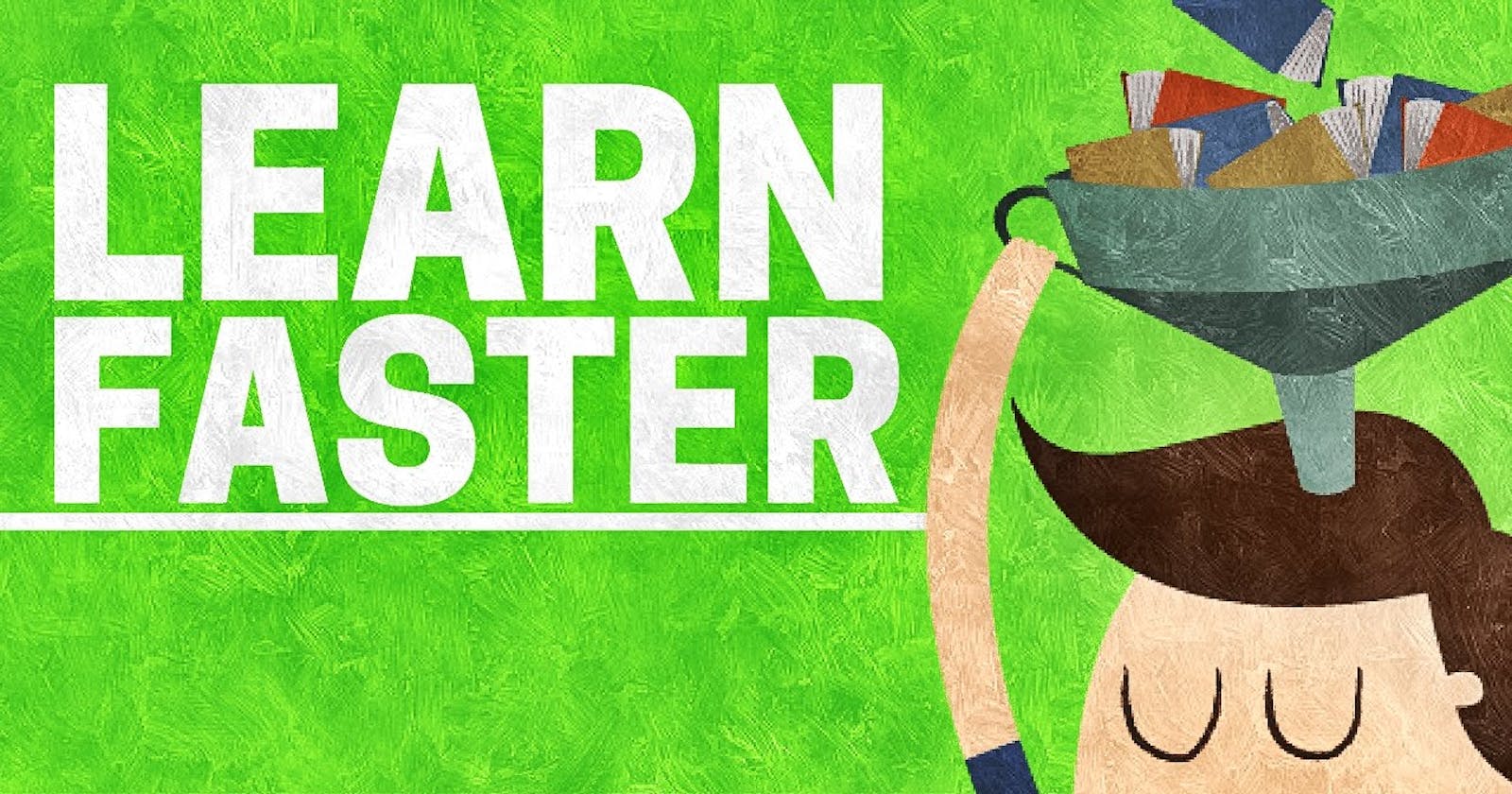Master Web Development Quickly: The Fastest Way To Learn For Everyone
Some might say learning any of the tech stacks is difficult, no doubt, but how well did you go about approaching the process? Where did you show consistency? How did you show your commitment? Do you actively participate in any communities that offer you the conditions, opportunities, and grounds to hone your abilities and learn things that will significantly impact your career life?
In this article, you'll discover the various techniques for learning any tech stack, not just web development, more quickly.
Contribute to opensource projects
Take part in open-source projects; every bit of input, no matter how small, is valued, and it can be a rewarding way to gain knowledge, impart it to others, share it, and gain experience.
In addition to that, there are other motivations for joining in and contributing:
To build up your reputation and help grow your career.
To improve the software you rely on daily and also find a mentor if you need one.
Plus, it's fun and gives you personal satisfaction, and hey, you never know who is watching, maybe it's your next employer or partner 🙂.
Learn by Building Projects
Learning the basics of a language is enough to build a project
You don’t have to learn everything “before you start on a project." After gaining the necessary comfort level to solve common problems in the language, you begin working on a project. You will encounter issues that you do not know how to resolve, in which case you will need to either consider the issue further, conduct an internet search, or ask someone who is more knowledgeable about the issue questions. This brings us back to the first technique mentioned above, namely "open source."
Learn on a Job or Internship
Some people may be skeptical about the effectiveness of boot camps in preparing people to become skilled software developers, but they are not the only ones. There isn’t any one thing you can do that gets you enough practice in one hit.
But know this, it is always a great starting point. An internship can prove to be a valuable experience that can bring on amazing opportunities later down the road
The good and bad of them are that they are practically heavy and theoretically light. But development is a real journey. You don’t “learn development" and then “crank code." You are a problem solver.
This aspect distinguishes development as a craft in which you improve through the various experiences you will learn and have learned.
A job, of course, places you in situations where you must learn new ways to optimize your work and broaden your skill set.
Write Technical Contents
Blogs allow you to demonstrate your technical expertise. A portfolio of technical blogs is 10/10.
Writing demonstrates how to use a particular tool or carry out a task or project, and it communicates complex information to readers in a way that they can comprehend and apply even if they have no prior knowledge of the subject.
when you write there's a better understanding;
Here is a link to 6 writing tips from famous writers and grow with them.
Build in Public
An online presence will put you in front of recruiters instead of you having to submit your CV everywhere cause you never know who is watching
Unlike a lot of startup jargon that is confusing to the uninitiated, "building in public" is precisely what it sounds like. When a startup builds a product or service in public, they allow people to see their building process from the start. In recent years, building in public has grown in popularity. It is widespread for tech entrepreneurs to build in public.
Make Youtube Videos (Optional)
Yes! Creating YouTube videos is optional, but it will boost your confidence during interviews.
Videos allow you to package information into a short narrative that will engage viewers in a way that text can't. This makes them more memorable because people are far more likely to remember a story than a list of facts.
It is human nature to be drawn to a good story. Your video content will be more successful if you tell a good story.
CONCLUSION
Everything Solely Depends on You
Well, it's feasible, but it'll be challenging. To be honest, you must commit your valuable 4–6 hours every day to learning new technologies, practicing them, and creating some projects. And then you can be a developer in a month.
Feel free to connect with me on LinkedIn and Twitter.
Stay tuned for my next article.
